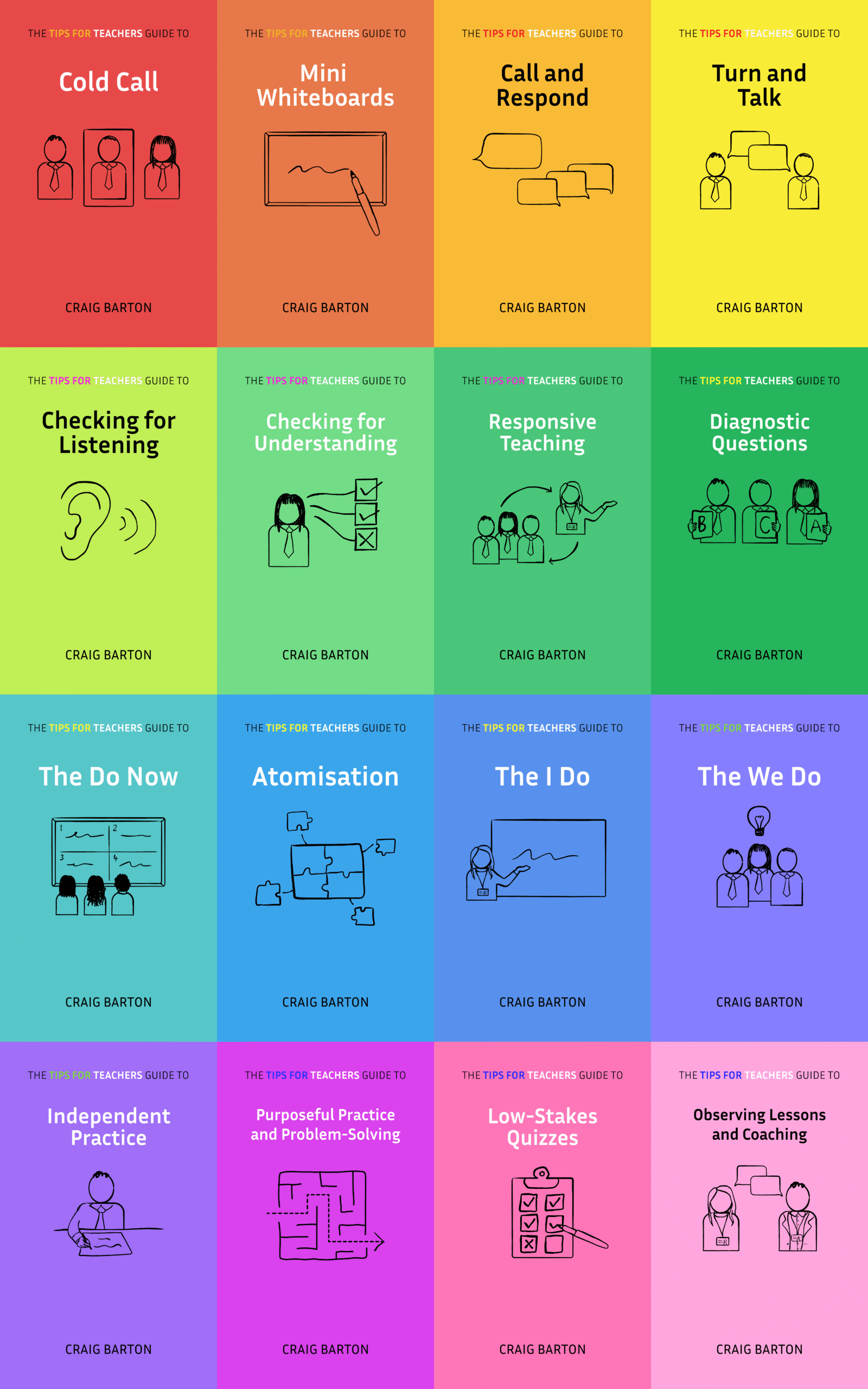
- Title: Teachers’ use of time and student achievement
- Authors:Burgess, Taylor and Rawal
- Access the original paper here
- Listen to a deep-dive podcast:
Paper summary
This research paper from the National Bureau of Economic Research examines how teachers’ choices about how to allocate class time influence student performance on GCSE exams in England. The study uses classroom observations to analyze the frequency with which different instructional activities are employed and also rates teachers’ instructional effectiveness using a structured rubric. The researchers find that teachers make different choices regarding time allocation and these choices are associated with student achievement. In math, students perform better when their teacher spends more time on individual practice and assessment, while in English, more time spent working and talking with classmates leads to better outcomes. Notably, these relationships hold even when controlling for teacher instructional effectiveness, suggesting that changes to classroom instruction can improve student learning even without improvements in teacher skills. The paper also confirms previous findings about the correlation between teacher effectiveness ratings and student achievement, providing additional support for the use of structured rubrics to evaluate teaching practices.
What are the key implications for teachers in the classroom?
- Teachers’ choices regarding how they allocate class time among different activities can impact student achievement.
- The most effective instructional activities vary depending on the subject.
- Math scores improve when more class time is allocated to individual practice and assessment.
- English scores improve when students spend more class time working with classmates.
- Changes in instructional activities can improve student outcomes, even without improvements to teaching skills. For example, students in a math class where the teacher allocates “most of the time” to practice and assessment would be expected to score about 0.08σ higher than students in a class where the teacher only allocates “some of the time” to practice and assessment, even if the teacher’s skill level remains the same.
- Peer observation can be an effective method for gaining insight into the differences in teaching. The study found that peer teachers with minimal training were able to provide effective feedback to their colleagues.
- The study found that students would likely benefit from changes in instruction even if teacher skills remained the same.
The sources focus on math and English classes for students in year 10 and 11 (approximately ages 14-16) in public secondary schools in England. The authors measure student achievement using GCSE exam scores. Therefore, it is important to note that the findings from the study may not be generalizable to other subjects, grade levels, or educational contexts. More research would be needed to determine whether the study’s findings apply to other groups.
Quote
These results suggest opportunities to improve student achievement without changes in teachers’ skills.








